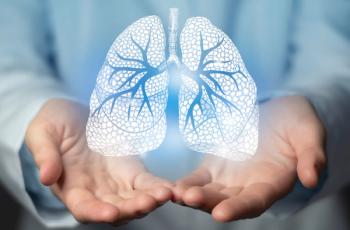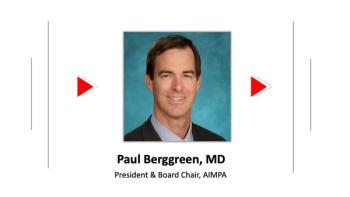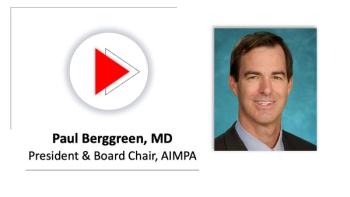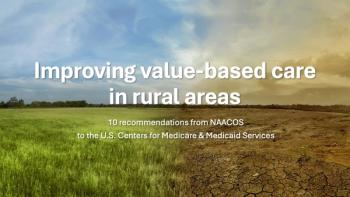
All News


Agenda for next two years is evolving, and busy.

University of Texas study finds a 9% decrease in length of hospital stays when collaborative care teams treat patients

Objective, scalable cough measurement has pushed to a new frontier in respiratory health.

A new advocacy organization for independent physicians.

The top news stories in medicine today.

Study examines factors that create well-being in communities

A new advocacy organization for independent physicians.

HHS announces latest figures as signups continue in four states.

Savvy physicians are using social media to establish trust, build patient loyalty

Better primary care could help reduce the disparities

We are heading for a ‘global human energy crisis.’ Emotional intelligence will be vital to navigate it.

Health care is rife with issues, but advances in medical imaging can be a solution for some of them.

The top news stories in medicine today.

AI could improve the necessary system of checks and balances between the provider and payer of health care whenever disagreements around the medical necessity of coverage arise.

Survey reveals majority not aware that heart disease is leading cause of death

Medical costs are hurting patients and primary care doctors. New payment models may be the solution.

American Heart Association announces new grants for Health Care by Food initiative.

Learn how a new a skin-wearable device and software system called iTempShield could transform infection monitoring for chemotherapy patients, enhancing early detection, and reducing hospitalizations.

The top news stories in medicine today.

Critical touchpoints in perinatal care — ranging from prenatal check-ins to postpartum screening — can be just as effective when done virtually, if not more so. In far too many cases, they aren't being done at all.

Unique challenges of rural and underserved areas require special payment consideration by CMS.

Follow these steps to ensure patient satisfaction and maintain continuity of care

Health care workers assist patients in the quest for good health. Employers can lead the charge by ensuring staff have access to care, too.

The top news stories in medicine today.

New regulations aim to make prior auths faster and clearer for physicians and patients.

Study finds post-pandemic EHR time up nearly 8%

What will the 2024 financial year hold for investors? Here are some predictions.

Value-based care could work for safety-net providers in underserved areas by focusing on increasing access, not just reducing cost.

Survey shows that on average, physicians in private practice made more money than those working for hospitals
